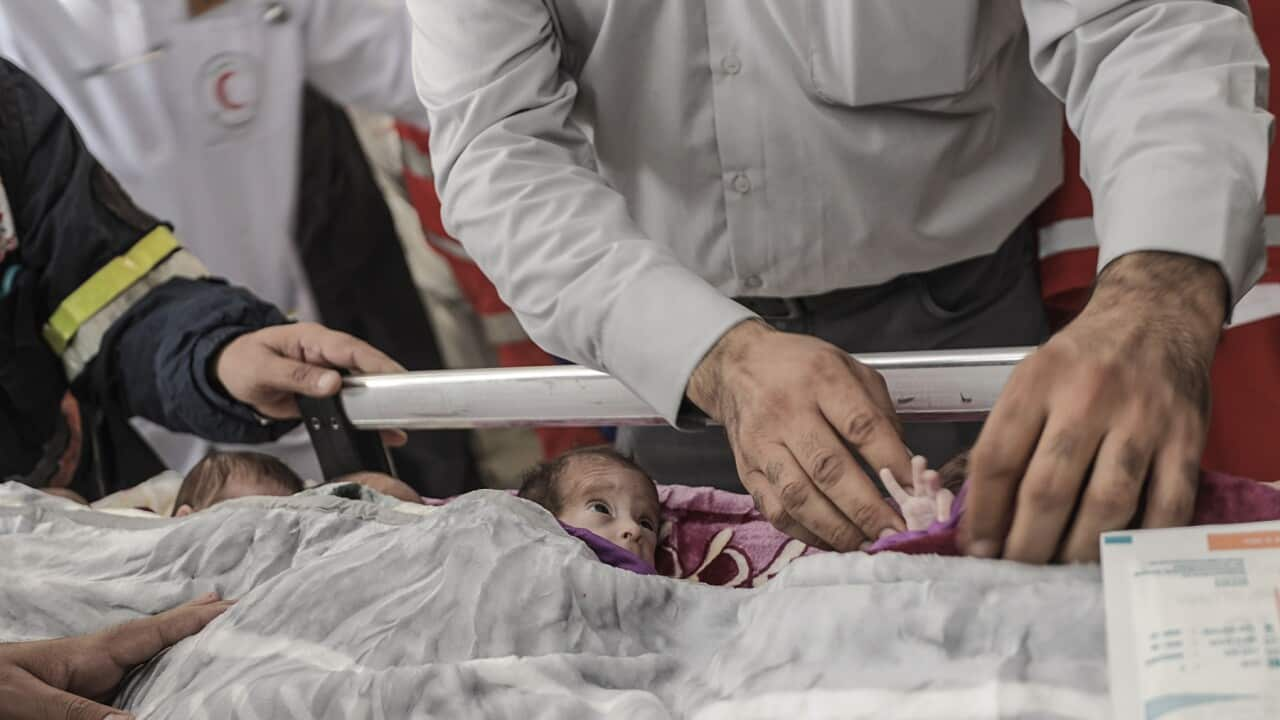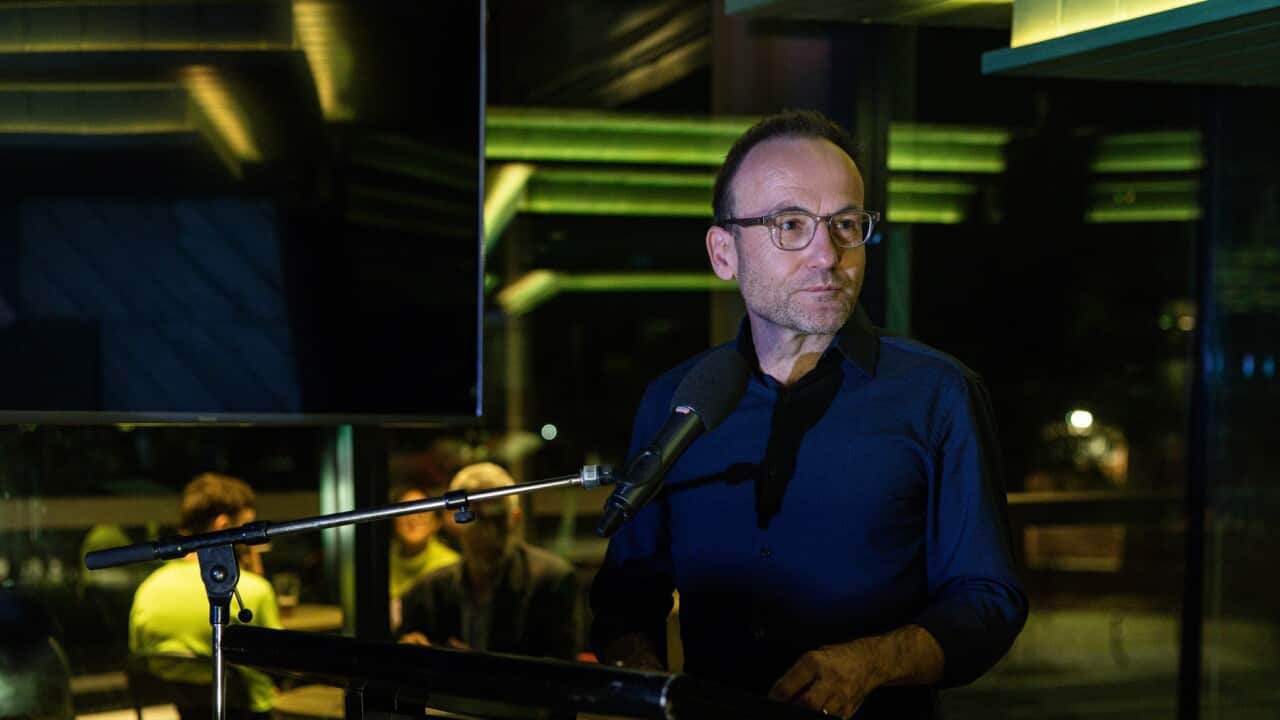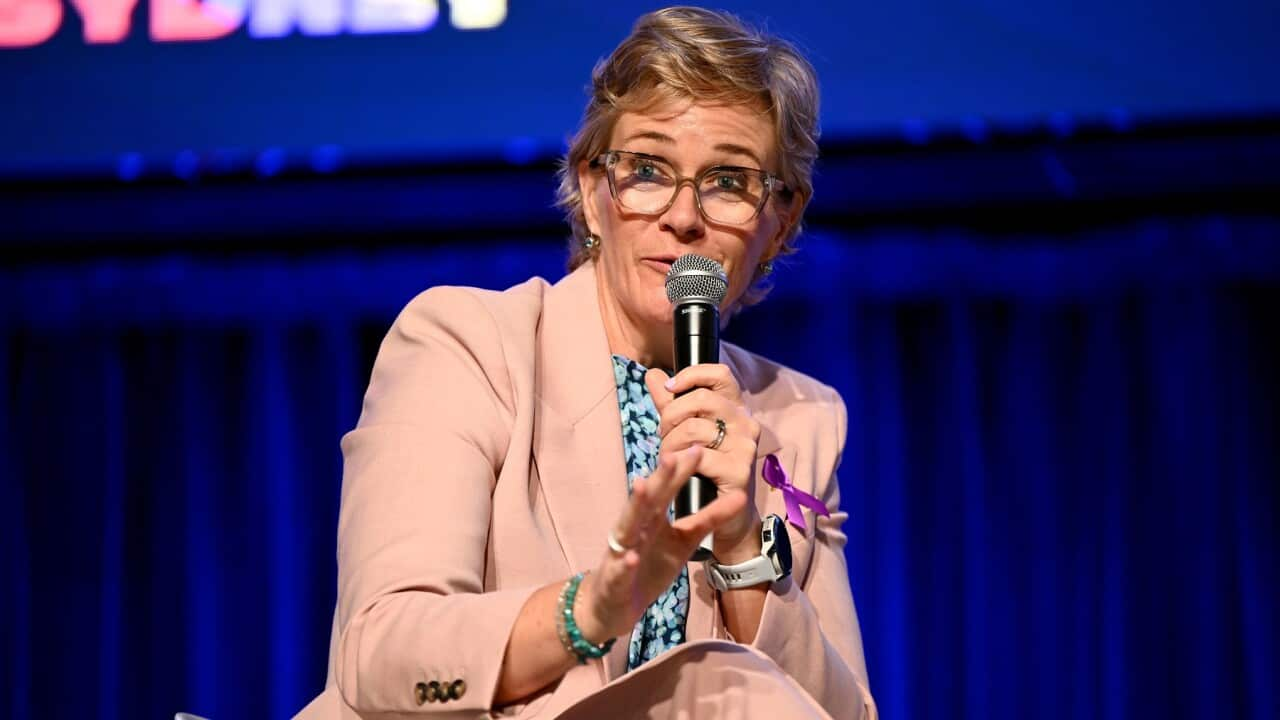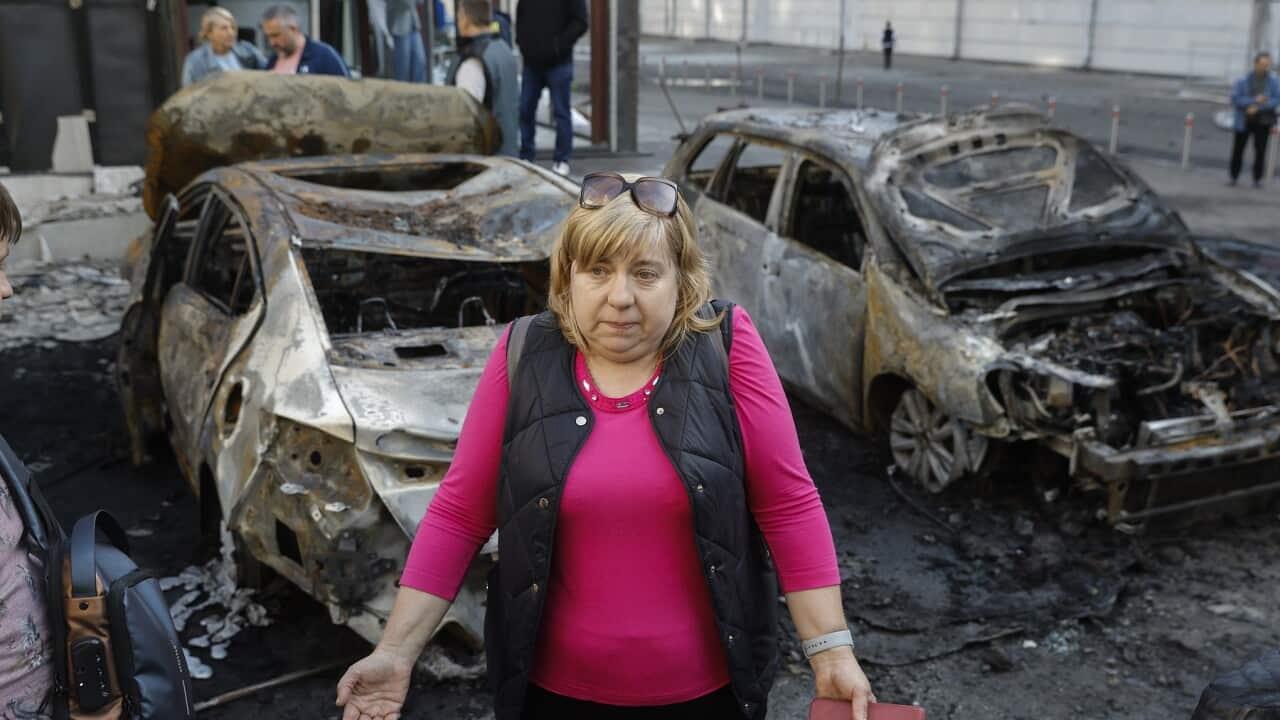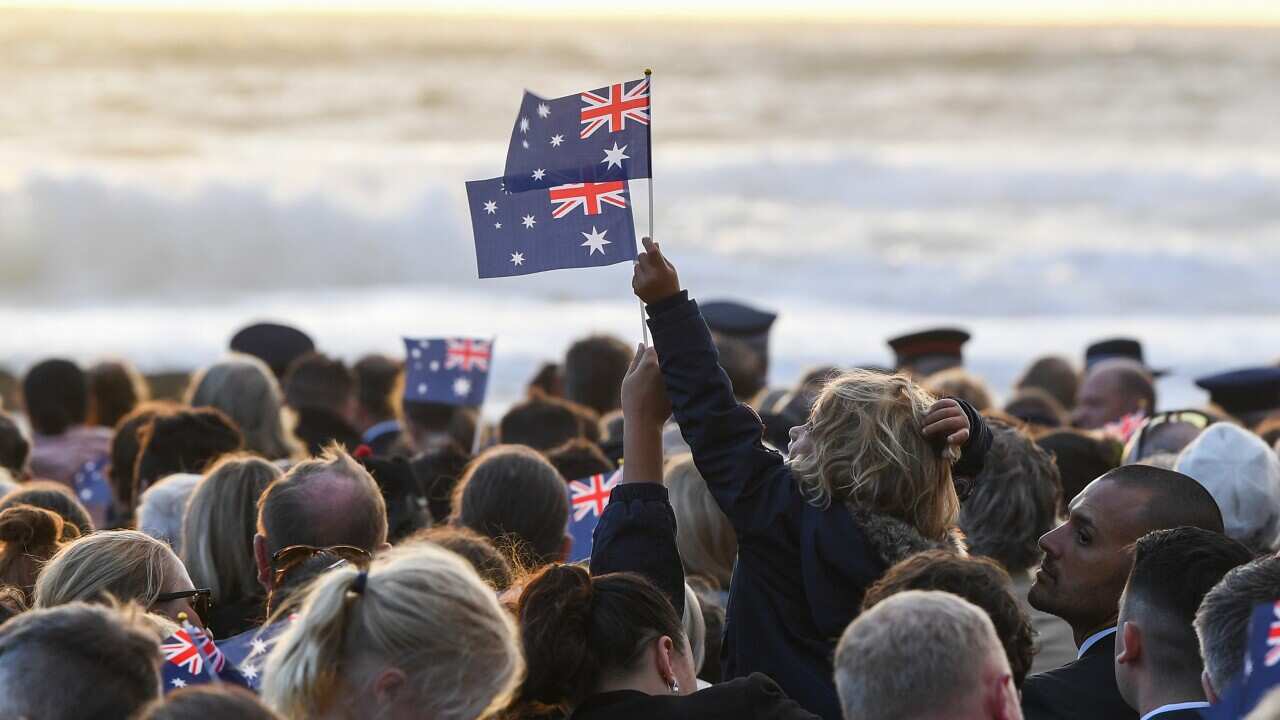TRANSCRIPT
The Palestinian death toll in Gaza has passed 50,800 since Israeli military operations began in October 2023.
Thousands more have been injured, with the humanitarian crisis worsening.
In the past 24 hours, Israeli airstrikes killed 40 people and wounded 145 others.
Health officials in Gaza warn of critical shortages in medical supplies and are urging urgent international aid.
Border closures since early March have severely restricted the delivery of essential medicines, placing further strain on hospitals overwhelmed by casualties.
The World Health Organization has been evacuating patients in need of urgent care.
This week, 18 Palestinians, children and adults with life-threatening conditions, were transferred to hospitals in Europe.
Among them is young Sanad, whose mother, Sujoud Salman, described her daughter’s ordeal.
"We went for his first week check-up, and the doctor discovered that there was something in his heart. We went to Al-Sahaba medical complex, and they informed us that he has a small hole in the heart. Doctors have examined him and did an echocardiogram and also discovered that he has a blood pressure condition that's caused by a small blockage in his aorta, and that requires surgery."
Sanad, like many other patients, faces a long road to recovery.
In Gaza’s hospitals, families face not only the trauma of injury but the constant fear that loved ones may not survive.
As the human toll climbs, geopolitical tensions are also rising.
The United Nations has voiced concern over the fragile ceasefire, following reports of gunfire across the Blue Line—the border between Israel and Lebanon.
UNIFIL has warned that such violations threaten the already precarious peace.
Farhan Haq, deputy spokesperson for the UN Secretary-General, addressed the issue.
"The UN interim force, UNIFIL remains very concerned that such actions can jeopardize the cessation of hostilities. The mission reiterates its call to all parties to avoid unilateral actions that put the recent hard-won stability at risk. The UN also remains committed to supporting Lebanon and Israel in maintaining the cessation of hostilities and taking steps towards full implementation of resolution 1701. UNIFIL peacekeepers remain in position and continue to monitor and report on the situation on the ground."
Meanwhile the Israeli government says it's held talks with Turkey aimed at maintaining regional stability.
Government spokesman David Mencer says the meetings were attended by senior representatives of the defence ministry and security services.
"They met last night with a parallel Turkish delegation. Israel thanks Azerbaijan and their president Ilham Aliyev for hosting these important talks. I can share with you that each side has presented its interests in the region and it has been agreed to continue the path of dialogue for the purpose of maintaining regional stability.”
Israel's defence minister says its security zones in Gaza have been expanded to include the southern city of Rafah, in a bid to pressure Hamas into releasing the hostages.
On Thursday, Israel released 10 Palestinian detainees who had been imprisoned for months.
Released prisoners have reported physical abuse and prolonged isolation while in Israeli custody.
Fayez Ayoub was one of them.
"From November 6 until today, 156 days have passed since we were in agony. We were tortured and were in pain. There was no rest or sleep for us there."
Israel insists it abides by legal standards, but numerous accounts of beatings and inadequate medical care have emerged during the conflict.
One notable case is Ahmad Manasra, jailed at 13 and recently freed after nine and a half years.
His lawyer, Moaad Abu Irshaid, says Ahmad now bears deep mental and emotional scars from his time in prison.
"Ahmed was released after a long ordeal in Israeli prisons. Of course, everyone knows today that the situation in general in Israeli prisons is similar to the prisons most brutal and severe for detainees. We can see how Palestinian detainees who have been recently released from Israeli prisons are. And of course, the case of Ahmed Manasra today is once again shedding light on the issue of all prisoners. Ahmed was released after a long ordeal in Israeli prisons. He is afraid. Not talkative. I spoke to him and he answered every question in one word."
Ahmad’s case has ignited debate.
Israel labels him a terrorist, but Palestinians and human rights advocates say his treatment as a child caused lasting psychological harm.
Meanwhile, United States President Donald Trump claims progress is being made on the return of hostages held in Gaza by Hamas.
He says he is engaging with both sides, though he provided no further details.
"With the hostages, we're making progress. We, you know, there's 59 hostages, but only 24 of them are living. ... So we're getting close to getting them back, we have a lot came back a lot of people are very grateful. But we're making progress. We're dealing with Israel, we're dealing with Hamas, and it's a nasty group."
The hostages were abducted on the 7th of October 2023 during a Hamas attack in Israel during which 1,200 people were killed and around 250 taken hostage by the militant group.
